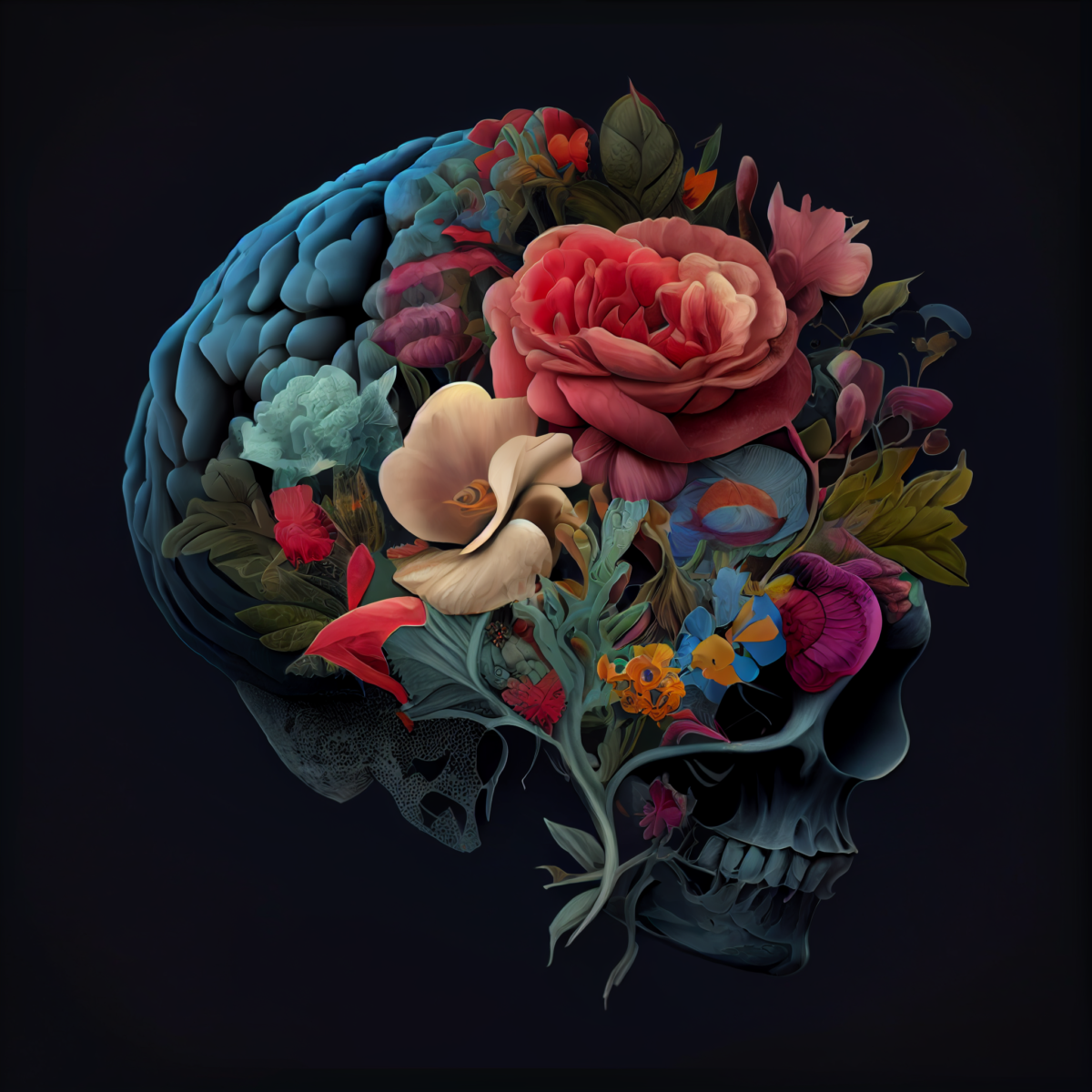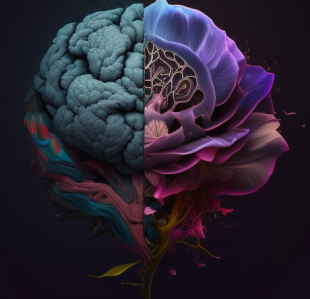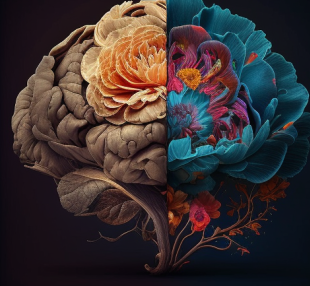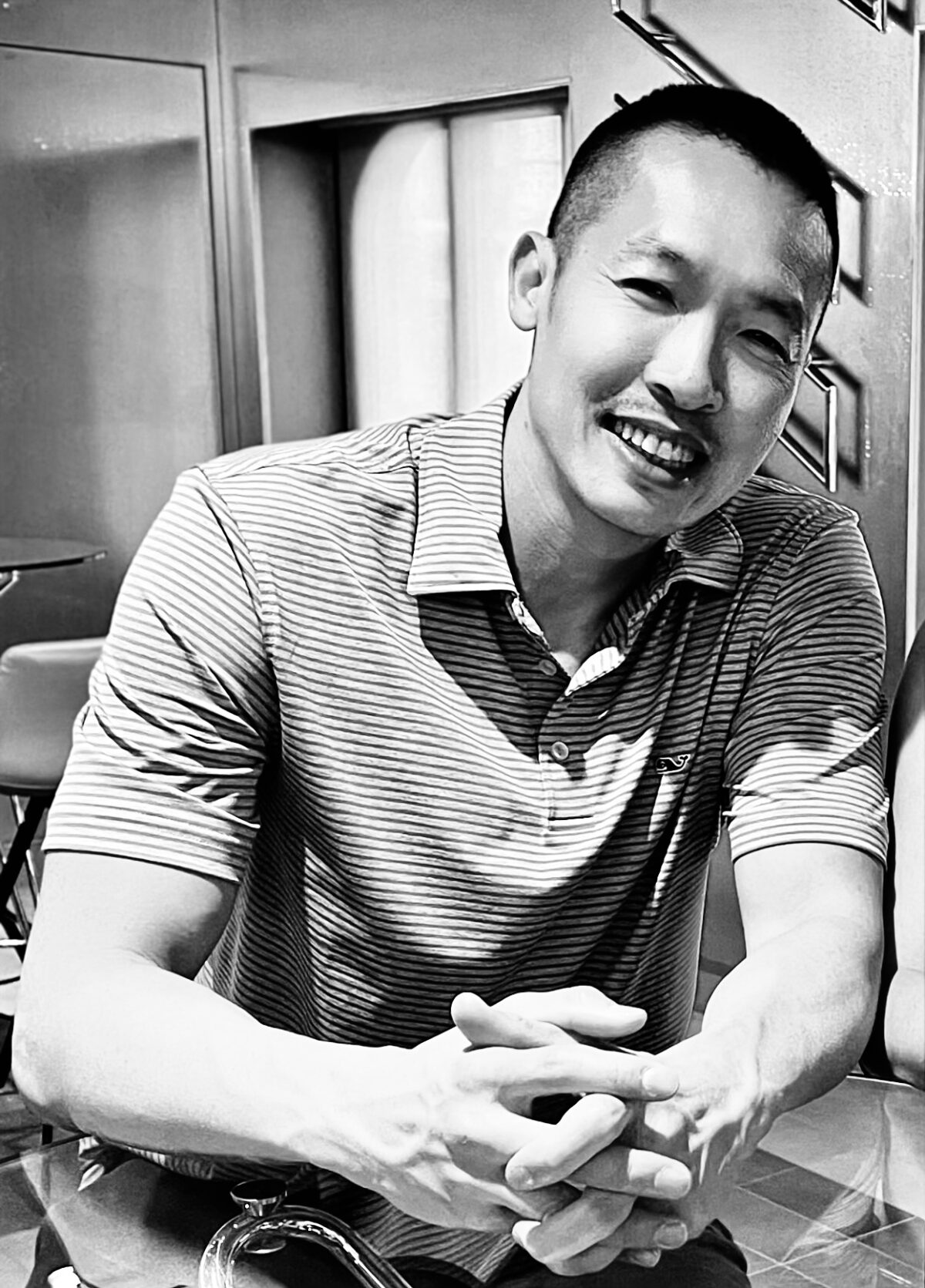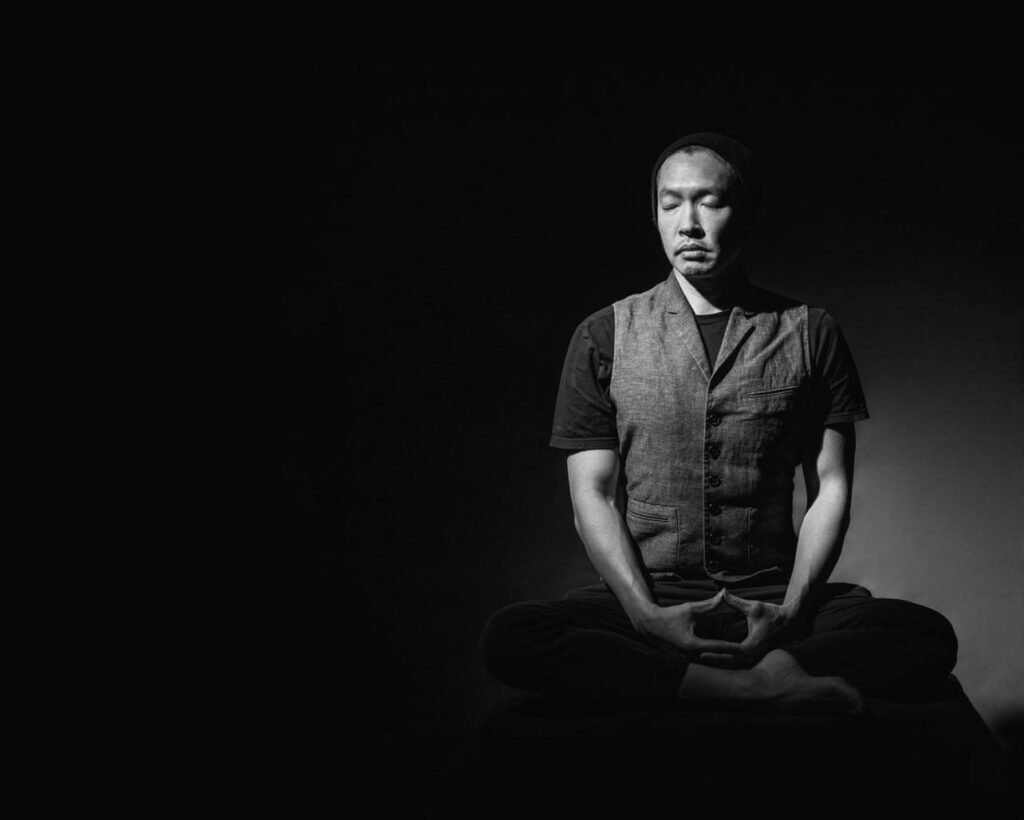Introduction: In a world that often measures success by academic qualifications and degrees, author Di Tran offers a refreshing perspective on self-worth and personal growth. Through multi-engagement with various mentors, Tran gained invaluable knowledge that helped shape his mindset. In this article, we delve into the key takeaways from Di Tran’s encounters with mentors and how they transformed his outlook on life.
Degrees Alone Are Not Enough: One mentor shared a profound insight with Di Tran, emphasizing that degrees alone do not determine one’s worth or success. Instead, it is the application of knowledge and the impact one makes with their expertise that truly matters. This realization challenged the conventional belief that academic achievements define an individual’s value. Di Tran recognized that his degrees were merely stepping stones on his journey, and it was the actions he took with his knowledge that truly made a difference.
Focus on Contribution: The mentor’s advice to Di Tran emphasized the importance of focusing on contribution rather than personal accolades. The mentor acknowledged that many individuals tend to boast about their degrees, but fail to demonstrate how they have applied their education to create meaningful change. Di Tran learned that true success lies in the ability to contribute positively to companies and communities. By shifting the focus from oneself to the impact made on others, Di Tran understood that his self-worth would be measured by the value he brought to the table.

Continual Application of Knowledge: Another mentor highlighted the significance of applying knowledge continuously. Di Tran noticed a common trend among individuals who would proudly discuss their degrees, but when questioned further, admitted to a lack of practical application. This revelation resonated with Di Tran, inspiring him to avoid falling into the trap of being a perpetual student. He understood that true growth required not only acquiring knowledge but also actively applying it in real-world situations. Di Tran realized that ongoing learning should go hand in hand with immediate implementation to maximize its potential.
Drop the Fear and Focus on the Faith: In addition to his reflections on degrees and contributions, Di Tran’s soon-to-be-released book, “Drop the FEAR and Focus on the FAITH,” signals a shift in mindset. It encapsulates his journey of overcoming fear and self-doubt to embrace faith and belief in oneself. By shedding the fear of failure or judgment, individuals can tap into their full potential and achieve greater success.
Key Takeaways:
Di Tran’s experiences with multiple mentors offer valuable insights for personal growth and self-worth:
- Degrees alone do not define one’s worth. What truly matters is how knowledge is applied and the impact made in various areas of life.
- Focus on contribution rather than personal accomplishments. Success lies in the positive influence and value created for others.
- Continuously apply acquired knowledge to real-world scenarios. Growth comes from actively utilizing what is learned, rather than solely accumulating information.
- Drop the fear and embrace faith in oneself. Overcoming self-doubt and fear paves the way for greater achievements.
Conclusion: Di Tran’s encounters with mentors have shaped his perspective on self-worth, contribution, and continuous learning. By focusing on the impact one can make and actively applying knowledge, individuals can surpass the limitations of degrees alone. Moreover, shedding fear and embracing faith in oneself unlocks tremendous potential for personal growth and success. Di Tran’s journey serves as an inspiration for all individuals seeking to redefine their own value and make a meaningful difference in the world.












